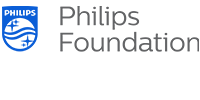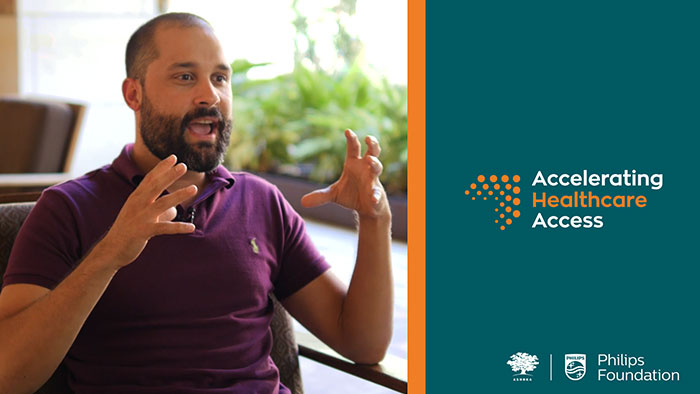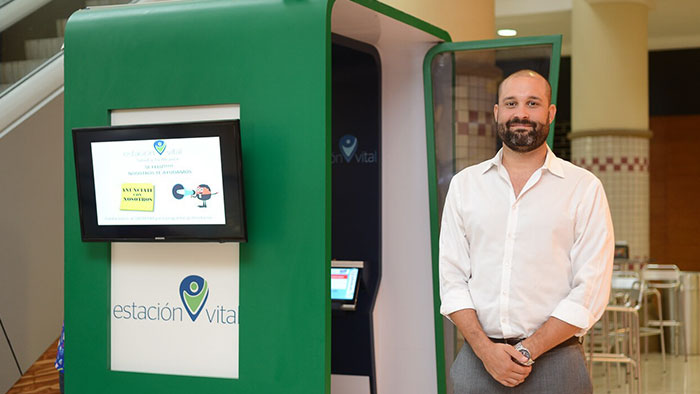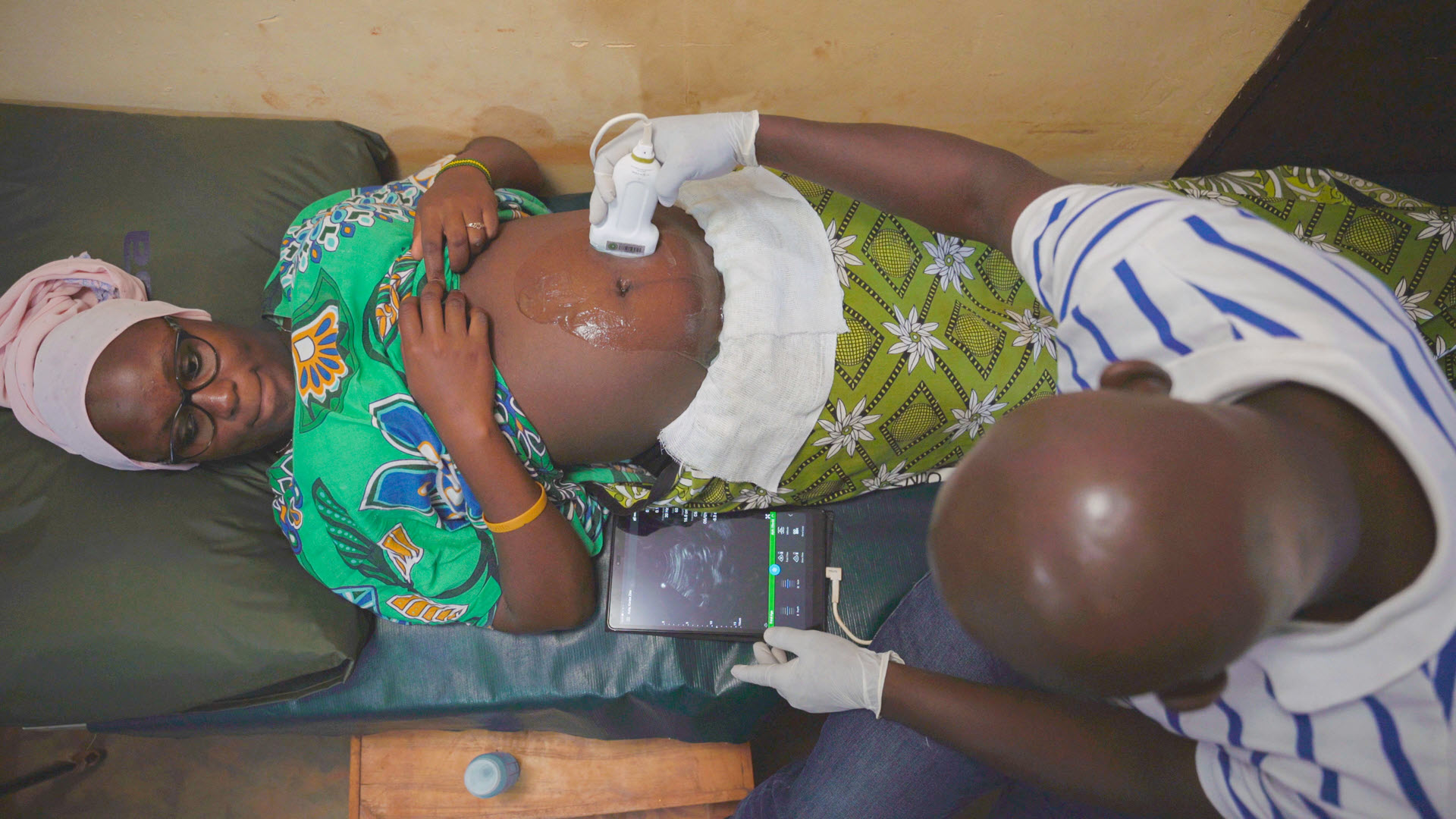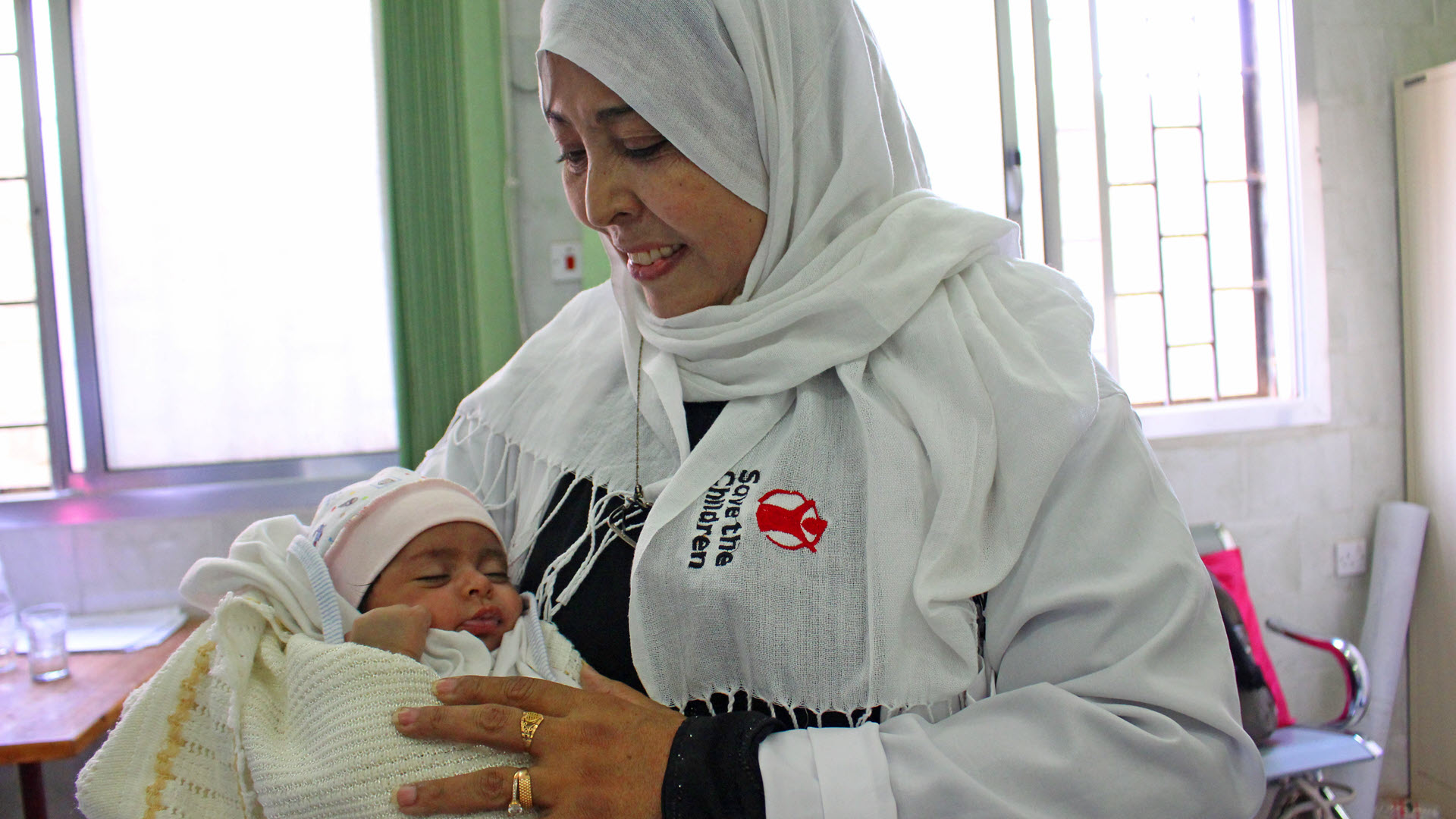As of January 2019, about 60,000 users have received 273,000 evaluations through Estación Vital.' By collecting additional demographic information at the kiosks, Marcos also found out that only 20 percent of their users have health insurance of any kind (private or public). In that context, the kiosks are helping to fill a very wide gap in healthcare availability and usage.
"The kiosk is a magnet that offers you free services, creates a profile and, based on that, offers you a bunch of paid services," says Marcos. "That mix makes it sustainable and allows us to offer access also to those who cannot pay anything."
The future looks bright for Marcos Lacayo, Estación Vital, and the health of Nicaraguans. Next year, Estación Vital will install five more kiosks in Nicaragua. Marcos also plans to offer low-cost health and life insurance and to add a membership program which will give access to many more health services, including appointments and home-care.
More services can easily be added to each kiosk in the future and the model has the potential to be replicated across Latin America. Expanding to other Central American countries is also part of the plan, with the aim of having 40 to 50 kiosks up and running in five years outside Nicaragua.

